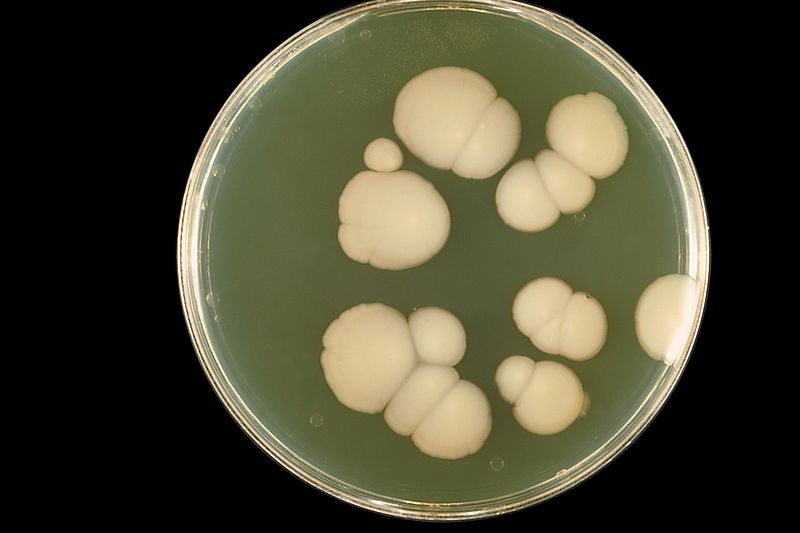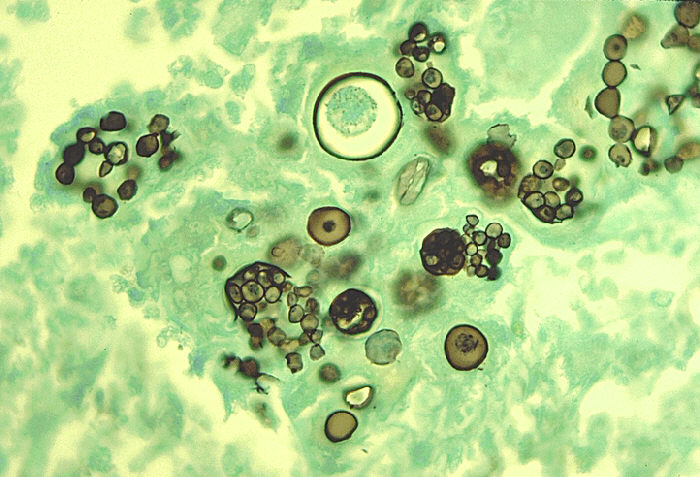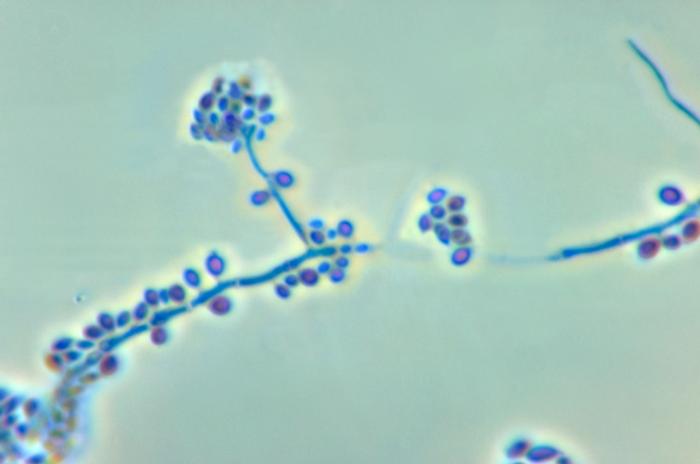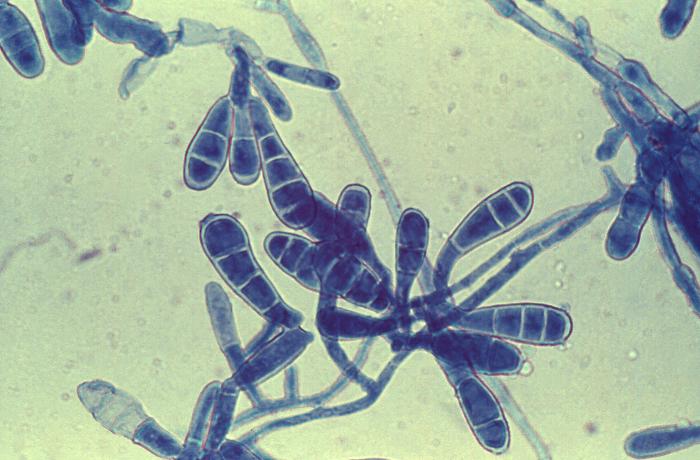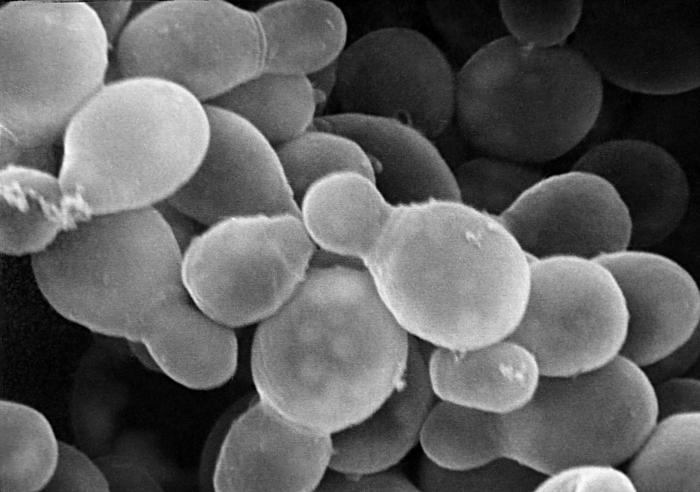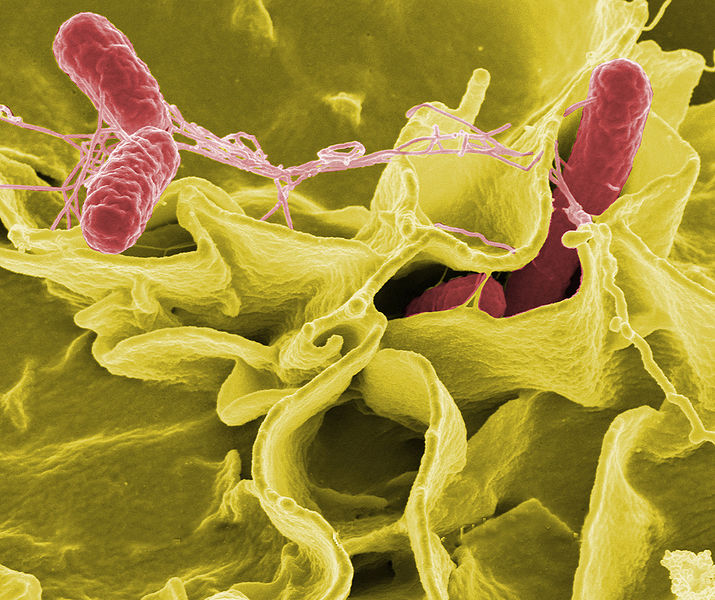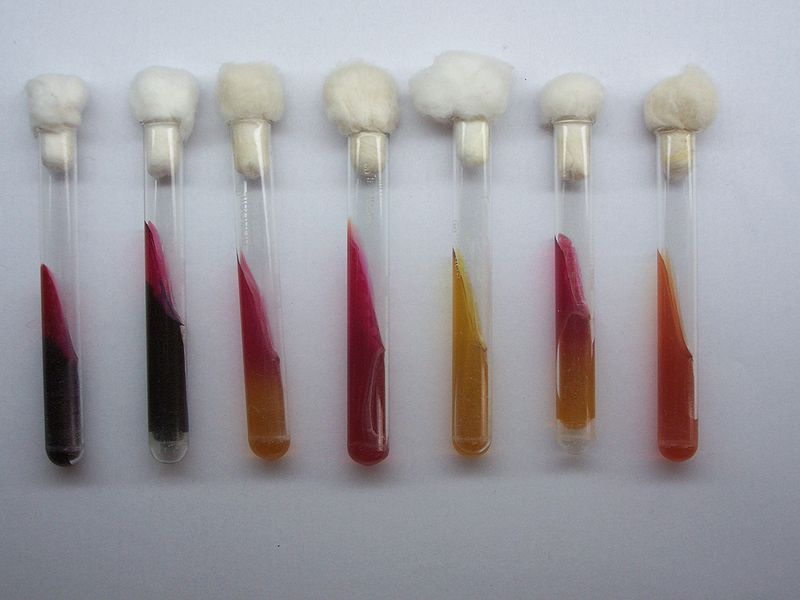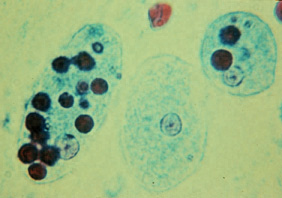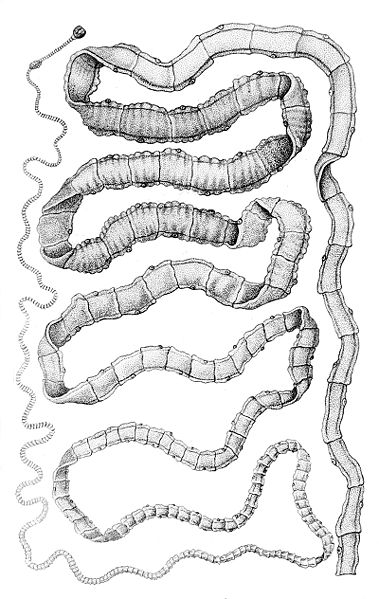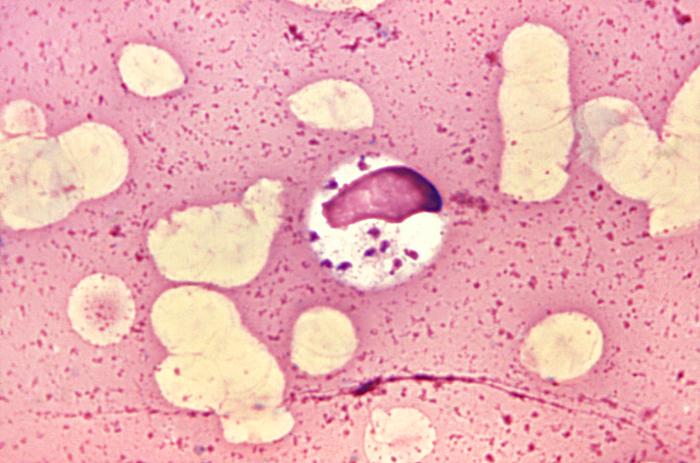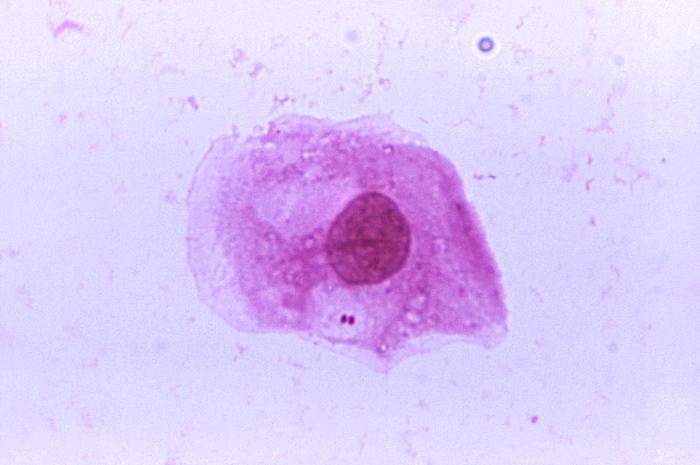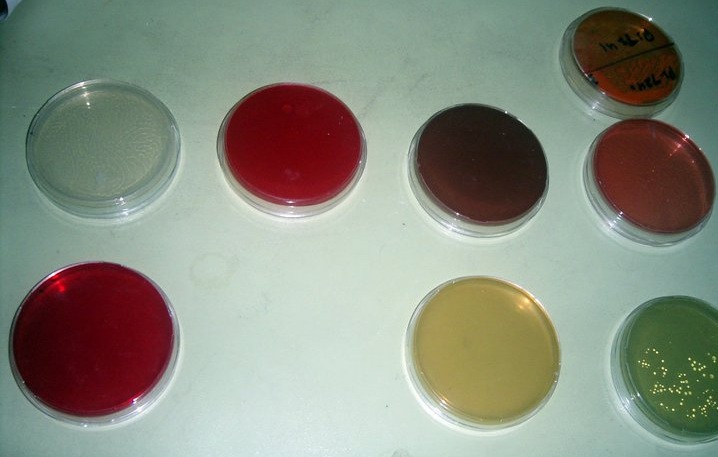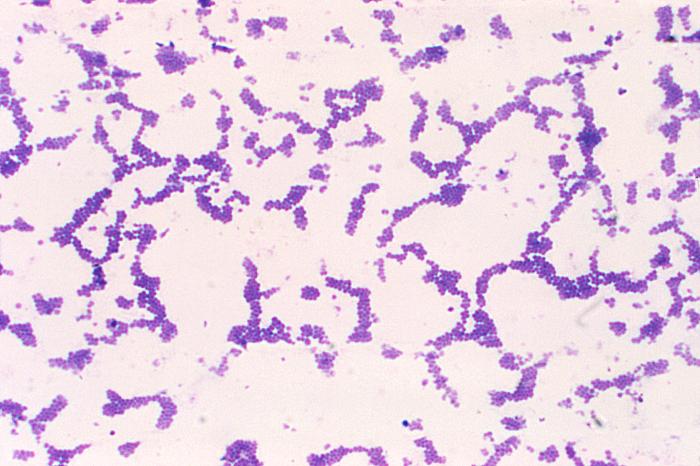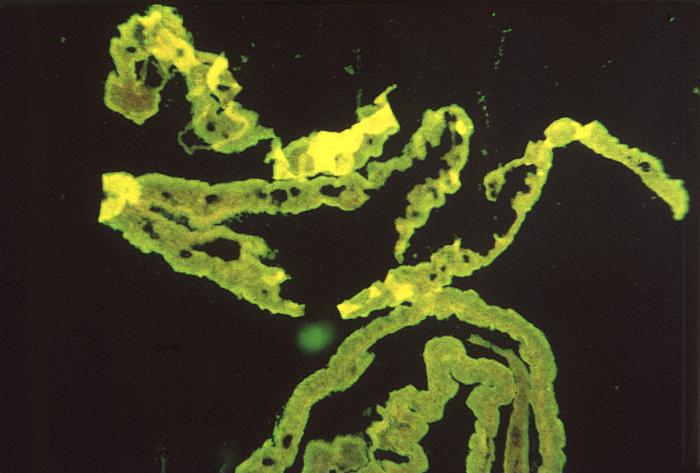Salmonella is a genus of gram negative rods, which are motile, non-spore forming and non-encapsulated facultative anaerobes. These bacteria cause … Read More »
Sugar Sets
Sugar set comprises of certain biochemical tests which are used in the identification of enterobacteriaceae. Composition Carbohydrates comprising standard sugar … Read More »
Ovas, Cysts and Eggs of Common Parasites
To examine the ovas, cysts or eggs of parasites, take a drop of stool. Mix it with normal saline on … Read More »
Parasitology -Important Terms
A parasite is a micro-organism which is entirely dependent for all or part of its life cycle and metabolic requirements … Read More »
Pathology of Leishmaniasis
Leishmaniasis is a group of diseases caused by Leishmania species, which are obligate intracellular parasites, belonging to phylum protozoa. Classification … Read More »
Bacteria Causing Diseases in Man
A number of diseases are caused by bacteria in man. Some common diseases and their causative bacteria are given below: … Read More »
Neisseria Meningitidis
Neisseria meningitidis, a gram negative cocci, is one of the three important bacteria causing meningitis. People with deficiencies of late … Read More »
Culture Media
The main types of culture media are: Basic media Enriched and enrichment media Selective media Differential media Transport media Basic … Read More »
Catalase Test -Principle, Procedure and Interpretations
It is a basic test to differentiate between Staphylococci and Streptococci. Both are gram positive cocci. Principle Catalase is produced … Read More »
Urine Routine Examination
Urine routine examination is described under the following headings: Collection of Sample Collect early morning, mid-stream urine in a wide … Read More »
 howMed Know Yourself
howMed Know Yourself
